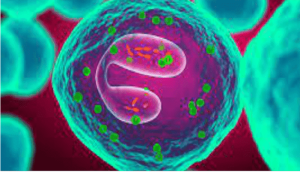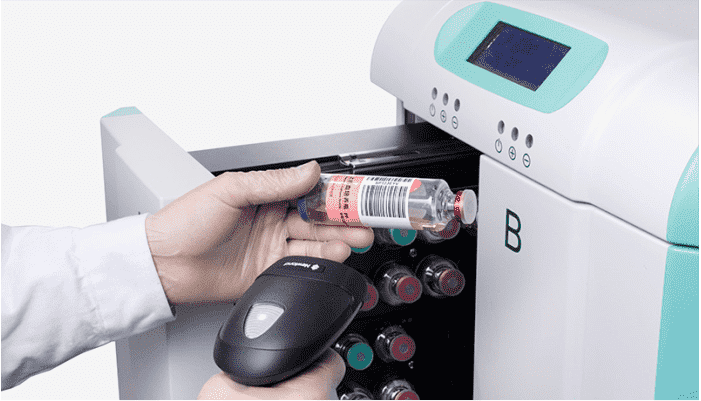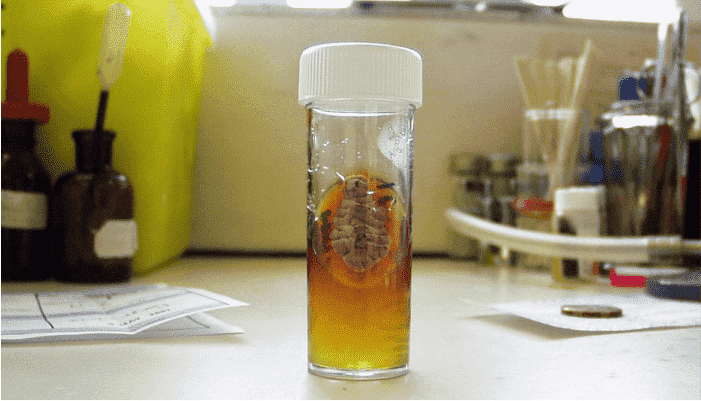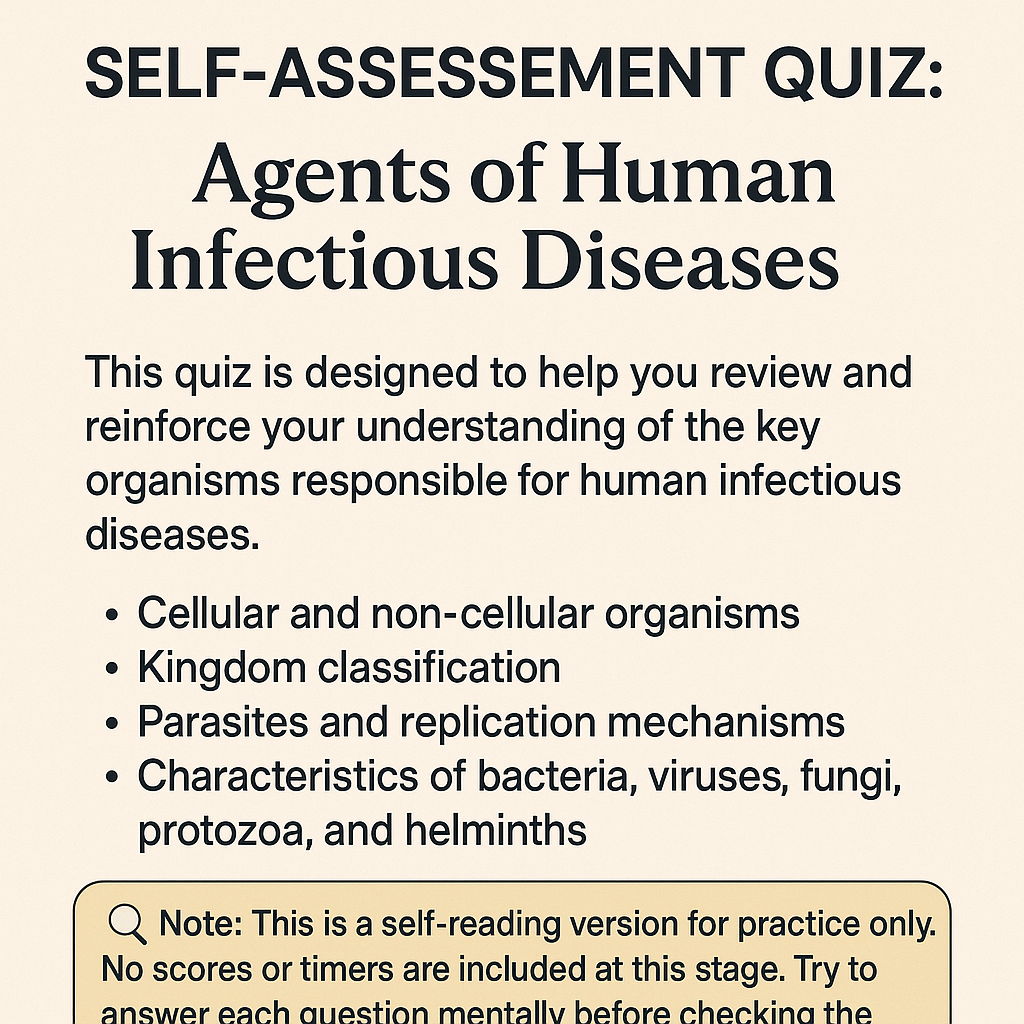Eosinophil Count Test: Diagnosis of Allergies, Parasitic Infections & More

Synonyms
Absolute Eosinophil Count, Eos Count, Total Eosinophil Count
Related Cytokines
- Granulocyte/Macrophage Colony Stimulating Factor (GM-CSF)
- Interleukin-3 (IL-3)
- Interleukin-5 (IL-5)
Specimen
Whole blood
Container
- Lavender top (EDTA) tube
Sample Rejection Criteria
- Clotted specimen
- Sample older than 4 hours
Reference Range
50–350 cells/mm³
Use
This test aids in the diagnosis and management of various conditions:
- Myeloproliferative diseases
- Drug reactions
- Parasitic infections (e.g., Toxocariasis, Anisakiasis)
- Collagen vascular diseases
- Hodgkin’s lymphoma
- Allergic conditions and asthma
- Angioneurotic edema
- Renal transplant rejection
- Eosinophilic gastroenteritis and pneumonia
Limitations
- Manual methods can have a 20–30% inherent error rate.
- Normal eosinophil counts do not rule out parasitic infections such as toxocariasis.
Methodology
- Manual: Fuchs-Rosenthal or Speirs-Levy hemocytometer with eosinophil stain
- Automated methods are preferred for better accuracy and consistency
Additional Information
- IL-5 is a key cytokine responsible for eosinophil differentiation and elevation in parasitic infections.
- Hyperadrenalism (e.g., Cushing’s disease) typically lowers eosinophil counts.
- Acute Hypereosinophilic Syndrome (HES) is a rare but life-threatening cause of extreme eosinophilia with high mortality within 1–3 years if untreated.
- Eosinophil counts ≥1000 cells/mm³ may suggest Eosinophilia-Myalgia Syndrome (EMS), linked to L-tryptophan-containing supplements.
- Lung involvement may indicate Löffler’s syndrome or eosinophilic pneumonia; gastrointestinal involvement may point to eosinophilic gastroenteritis.
References
- Dicker RM, James N, Cunha BA. Ann Intern Med. 1990;112(12):957-8.
- Martin RW, Duffy J, Engel AG, et al. Ann Intern Med. 1990;113(9):124-34.
- Mayeno AN, et al. Mayo Clin Proc. 1992;67(12):1134-9.
- Mahmond AAF, et al. The Eosinophil in Health and Disease. Grune and Stratton, 1980.
- Jacobs, Demott, Finley, et al. Laboratory Test Handbook, Lexi-Comp Inc., 1994.


